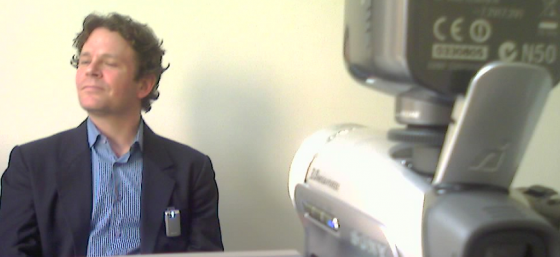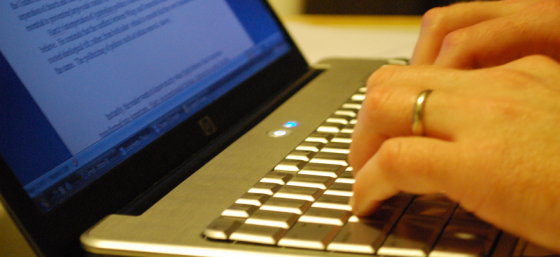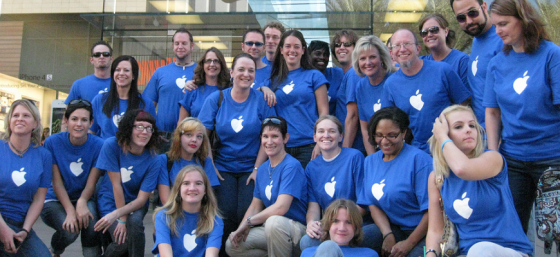There’s a strong possibility you’re committing copyright infringement on your Pinterest board.
For the sake of full disclosure, I’m not on Pinterest. I don’t need another internet addiction. From what I hear, everyone who’s on it, loves it. Essentially, Pinterest lets you create “boards” where you share pictures of things you like. As you visit various websites, you “pin” things that you like, and add them to our Pinterest boards. Then people who visit Pinterest can see your boards and everything you like.
So Where Does Copyright Come Into Play?
Copyright protection is extended to any original work of authorship that is fixed in a tangible medium. You don’t have to register it with the U.S. Copyright Office to get this protection. When you have a copyright in a picture or other work, you have the exclusive right to copy, distribute, display, and perform the work and to make derivative works based on your work.
If you take a picture, you have the exclusive right to decide where it will be displayed, including on which websites. When someone pins your picture and adds it to their Pinterest board, they likely made a copy of it without your permission. That’s a violation of the Copyright Act.
What About Fair Use?
The Fair Use provision of the Copyright Act allows you to copy a work for the purpose of criticism, comment, news reporting, teaching, or research. Pinning something on your board probably doesn’t qualify as any of these things.
Is Pinning Someone’s Work Ever Ok?
Absolutely! You can pin someone’s work without worrying about being sued if they’ve given you permission to do it. Look for works that come with a Creative Commons license. You may be required to give an attribution to the author when you pin their work. If a work doesn’t have a license, you could always ask the author for their permission to pin their work.
Should I Be Worried about Pinterests Terms & Conditions?
Probably. Have you read them? A woman who is a lawyer and a photographer recently deleted her Pinterest boards after reading them. According to her, Pinterest users agree to some strongly worded terms. If you are a Pinterest user, you’ve agreed
- You own or have permission to use everything you pin on Pinterest;
- That nothing you pin violates or infringes on any third party’s copyright, trademark, or other intellectual property or rights to publicity or privacy;
- You will defend, indemnify, and hold Cold Brew Labs (Pinterest’s creators) harmless against all claims, damages, and expenses (including legal expenses) related to your use of the site or violations of the site’s terms and conditions; and
- You accept all the risks related to using the Pinterest site “to the maximum extent permitted by law.”
So, if you and Pinterest get sued for copyright infringement for something you pinned on your board and you lose, you’re required to pay your and Pinterest’s legal fees and the fine assigned by the court. The fine for willful copyright infringement can be up to $150,000. (Hat tip to Cold Brew Labs’ legal counsel on drafting such great terms and conditions!)
What Do I Do If My Copyright’s Being Infringed on Pinterest?
You have three main options when your copyright is being infringed on Pinterest:
- Nothing. If you don’t have a problem with it, do nothing. I think a lot of people select this option because Pinterest exposes their work to a larger audience.
- Sue for copyright infringement. This can be a long expensive process, but it’s your best chance for a financial gain.
- Send a DMCA takedown notice. If all you want is for your work to be removed from someone’s board, send a Digital Millennium Copyright Act takedown notice to Cold Brew Labs’ statutory agent. The Copyright Act tells you what information you have to include in the notice, or you can find a local attorney to do it for you. Once Cold Brew Labs gets the notice, they’re required to remove the work that allegedly infringes your copyright.
From what I know of Pinterest, I suspect copyright infringement is occurring on most Pinterest boards. You have to decide for yourself how much risk you’re willing to take. If you need help assessing the legal risk related to your Pinterest boards, contact a copyright attorney in your area.
UPDATE (3/26/2012): Pinterest announced its new terms of service will become effective on April 6th. They allegedly make it easier to report copyright infringement.




